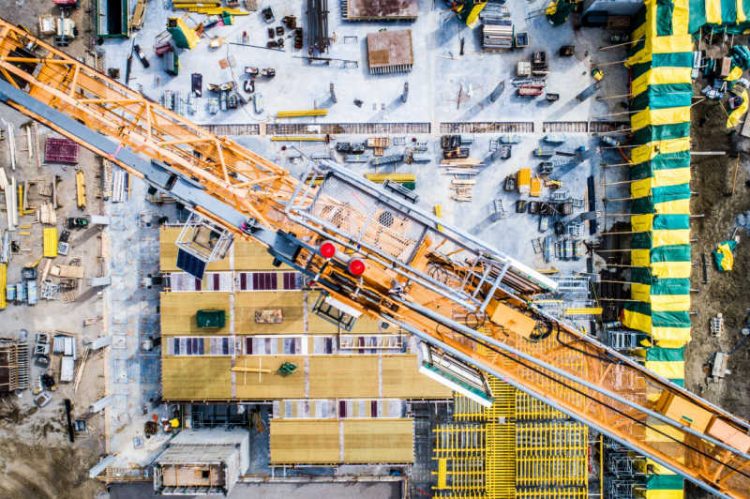
Machinery Auction: Your Guide to Buying Used Industrial Equipment
Machinery auctions are a popular way for companies to acquire used industrial equipment at a fraction of the cost of buying new. These auctions offer a wide range of equipment, from small tools to large machinery, and are often held on-site at the company selling the equipment. Bidders can inspect the equipment before the auction and place their bids either in person or online.
One of the benefits of buying used industrial equipment at a machinery auction is the cost savings. Companies can often acquire equipment that is in good condition for much less than the cost of buying new. This can be especially beneficial for smaller companies or those just starting out, as they may not have the budget for new equipment.
Another advantage of buying used industrial equipment at a machinery auction is the ability to see the equipment in person and inspect it before making a purchase. This can help companies ensure that they are getting a high-quality piece of equipment that will meet their needs. Additionally, many auctions offer financing options, making it easier for companies to acquire the equipment they need without having to pay for it all up front.
Understanding Machinery Auctions
Machinery auctions are a great way to buy and sell used industrial equipment. They provide an opportunity for businesses to acquire the equipment they need at a fraction of the cost of buying new. However, it is important to understand the different types of auctions and the benefits and risks associated with them.
Types of Auctions
There are two main types of machinery auctions: live and online. Live auctions are held in person, usually at a specific location, and involve a live auctioneer. Online auctions, on the other hand, are conducted over the internet, and buyers can bid from anywhere in the world.
Live auctions are a great way to see the equipment in person and get a feel for its condition. However, they can be time-consuming and require travel expenses. Online auctions are more convenient, but it can be difficult to assess the condition of the equipment without seeing it in person.
Benefits and Risks
One of the main benefits of machinery auctions is that they offer a wide variety of equipment at competitive prices. Buyers can often find equipment that is no longer available from the manufacturer or that has been discontinued. Additionally, auctions can be a great way to sell equipment quickly and efficiently.
However, there are also risks associated with machinery auctions. Buyers need to be careful to thoroughly inspect the equipment before bidding, as it is often sold “as-is” with no warranty. Additionally, there is always the risk of overbidding and paying more than the equipment is worth.
In conclusion, machinery auctions can be a great way to buy and sell used industrial equipment. However, it is important to understand the different types of auctions and the benefits and risks associated with them before making a purchase.
Guide to Buying Used Industrial Equipment
When it comes to buying used industrial equipment, there are a few things to keep in mind to ensure you get the best deal possible. Here are some tips to help guide you through the process.
Inspection Tips
Before purchasing any used industrial equipment, it’s important to thoroughly inspect it to ensure it’s in good working condition. Here are some things to look for during the inspection:
- Check for any signs of damage or wear and tear.
- Test the equipment to make sure it works properly.
- Check the maintenance history to see if it has been well-maintained.
- Look for any missing or broken parts.
- Check for any leaks or fluid levels.
By thoroughly inspecting the equipment, you can avoid purchasing a piece of machinery that may require costly repairs down the road.
Negotiation Strategies
Once you’ve found a piece of used industrial equipment that you’re interested in purchasing, it’s time to negotiate a price. Here are some tips to help you get the best deal possible:
- Do your research to find out the fair market value of the equipment.
- Be prepared to walk away if the seller isn’t willing to negotiate.
- Point out any issues or repairs that need to be made and use them as leverage to negotiate a lower price.
- Offer to pay in cash or provide a larger down payment to negotiate a lower price.
By using these negotiation strategies, you can potentially save thousands of dollars on your used industrial equipment purchase.


